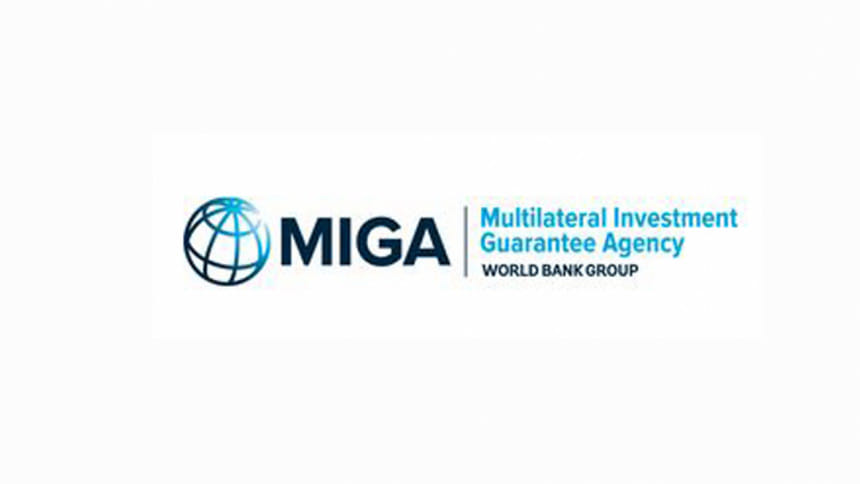Bangladesh wants MIGA-backed loans at 4% max

Bangladesh plans to pay a maximum of 4 per cent in the interest rate and commissions against the loans to be guaranteed by the Multilateral Investment Guarantee Agency (MIGA), said officials of the commerce ministry yesterday.
Recently, the MIGA in a letter to the Bangladesh Bank and the finance ministry offered to become a guarantor for the import of essential commodities worth $500 million to $1 billion.
The MIGA is a member of the World Bank Group and its mandate is to promote cross-border investment in developing countries by providing guarantees (political risk insurance and credit enhancement) to investors and lenders.
The MIGA has sought 6 per cent in the interest rate and commissions.
A number of officials from the MIGA and the World Bank discussed the issue at a meeting with Senior Commerce Secretary Tapan Kanti Ghosh at his secretariat office in Dhaka yesterday.
After the meeting, Ghosh told The Daily Star that Bangladesh wants the MIGA-guaranteed loan at 2 per cent or 4 per cent.
The MIGA itself will not provide any loans to Bangladesh. Rather, it will manage the fund from international financial institutions to provide the amount to Bangladesh, he said.
The MIGA will be the guarantor of the loan.
The World Bank arm has had to step in as international financial institutions may decline to provide loans to Bangladesh given the volatile global economic situation and the dollar crisis in the banking sector of the country.
The MIGA wants the central bank of Bangladesh to mobilise the fund, Ghosh said.
So, the final decision regarding availing the MIGA-backed loan and fixing the interest rate is depending on the central bank. "We are awaiting the central bank's decision," Ghosh said.
If Bangladesh agrees to the terms and conditions related to the loans, it may take two months to have the fund disbursed. Local importers will get the funds to buy essential commodities from external sources.
Bangladesh needs US dollars as its foreign currency reserves have declined sharply amid a surge in import bills fuelled by escalated commodity prices owing to the fallout of the coronavirus pandemic and the Russia-Ukraine war.
The reserves slipped below $33 billion recently from $44.95 billion in January of 2021.
The government is trying to ensure a smooth supply of imported items such as rice, wheat, edible oil, sugar, lentil, onion, chickpeas and dates during Ramadan when their demand usually surges.
But the import of edible oil, sugar, lentil, onion, chickpeas and dates dipped in July-November as traders face difficulties in opening letters of credit (LCs) amid the US dollar shortage. This led traders and importers to warn that there might be a shortage of the items during the fasting month.
Bangladesh is also negotiating with India for a guaranteed supply of wheat, rice and sugar with a view to forming a buffer stock of food items ahead of Ramadan.
On January 5, the commerce ministry asked the central bank to instruct banks to earmark a portion of their foreign currency holdings to open LCs to facilitate the imports of edible oil, refined sugar, lentil, onion, gram and dates.

 For all latest news, follow The Daily Star's Google News channel.
For all latest news, follow The Daily Star's Google News channel. 



Comments